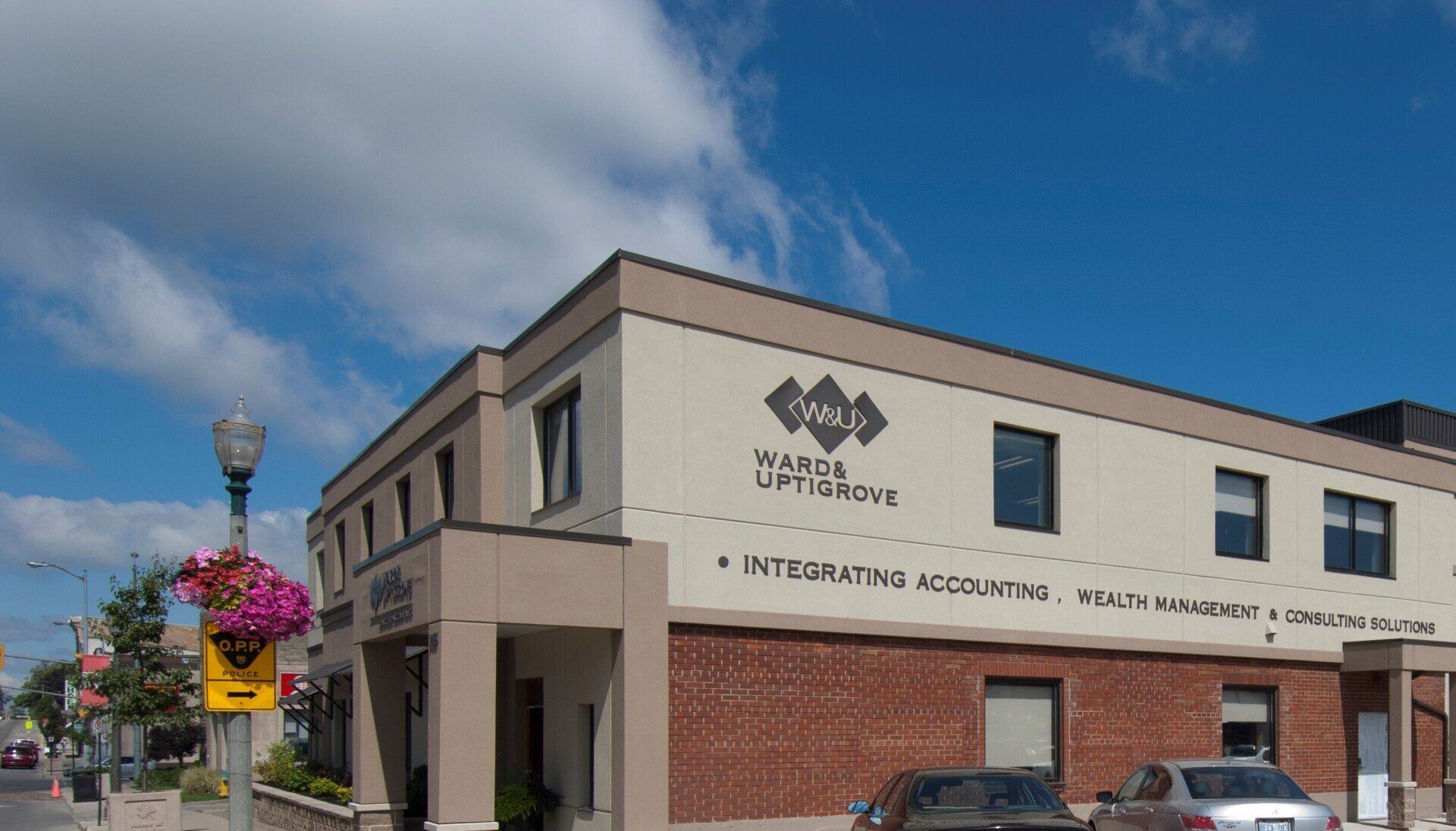RESPs & Grandparents
The cost of university has risen sharply, and so has the importance of graduating with a desired and marketable set of skills and knowledge. Without a post-secondary education, employment and life opportunities are more limited now than ever before. Contributing to a grandchild’s education helps them and their parents, and helps you stay connected in a meaningful way.
Most grandparents are unaware that the total cost of a year at a Canadian university in 2023 is about $25,000, or $100,000 for a four-year degree. This includes tuition, books, supplies, residence/housing, and meals, travel and a $125 hoodie for their university, faculty or program.
Registered Education Savings Plans (RESPs) began in 1998, so the children of new/future grandparents were likely too old to participate fully.
If you want to conscientiously pass wealth between generations and help minimize your children’s and grandchildren’s debt in the future, opening and contributing to an RESP on behalf of your grandchildren is an excellent option.
What you need to know
The basics of an RESP are:
- A grandparent can be a “subscriber,” and the future student is the “beneficiary” of an RESP
- The lifetime contribution limit is $50,000 for each beneficiary (i.e. grandchild)
- There is no limit to the number of RESPs that a beneficiary can have, but they cannot exceed their lifetime limit of $50,000 without penalties being incurred
- Canada Education Savings Grants (CESG) with an annual maximum of $500 (equal to 20% of the contribution) have a lifetime limit of $7,200
- Many subscribers deposit $2,500 each year, to maximize the CESG each year
- Canada Learning Bond (CLB) for colleges, CEGEPs and apprentice programs that could be $500 in the first year and $100, thereafter
- Funds can be invested in a number of different vehicles and grow tax-free, like an RRSP
- Money is paid out as an Educational Assistance Payment (accumulated gains and grants) are taxed in the hands of the beneficiary. The beneficiary/student typically pays little or no income tax with their education-based deductions and tax credits, and lower income.
- The principal is returned to the subscriber as “return of capital” without any tax implications and is typically delivered to the student as part of the accumulated savings.
If you’re concerned about your children funding post-secondary education for your grandchildren, contributing to an RESP on their behalf is an excellent solution. Invest in your grandchildren’s dreams!
Have Questions?
Contact a Ward & Uptigrove Wealth Management representative at 519-291-3040 or email info@w-u.on.ca



CONTACT US
Ward & Uptigrove


